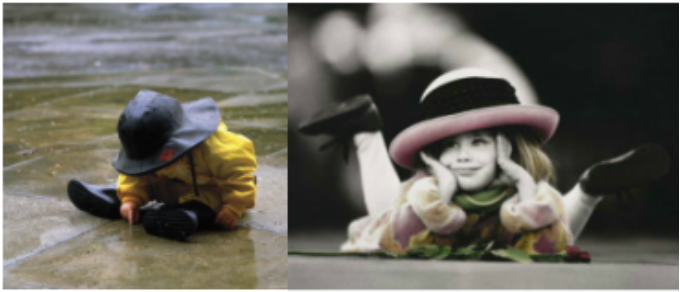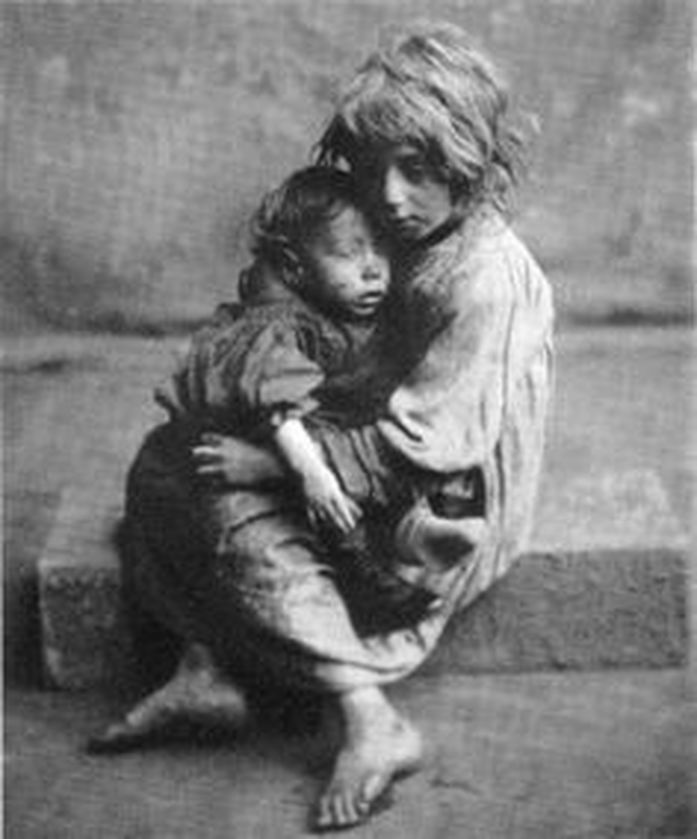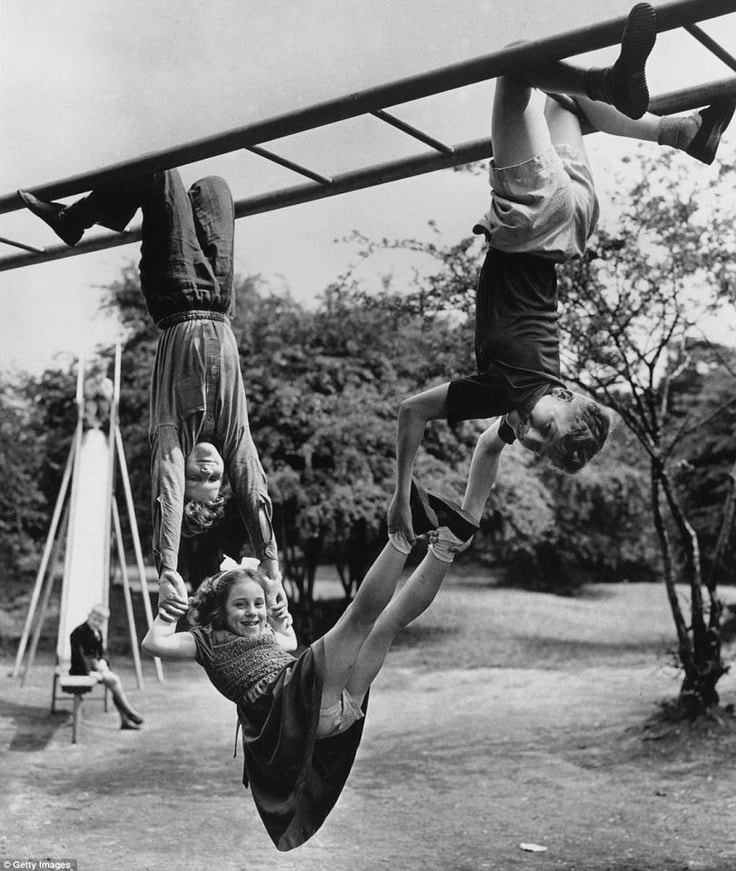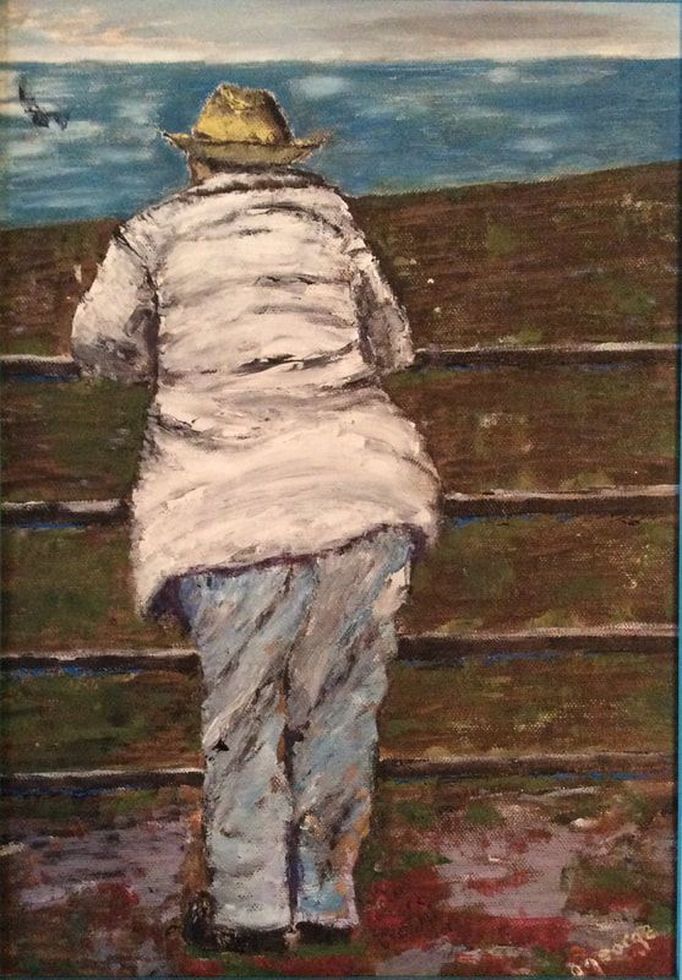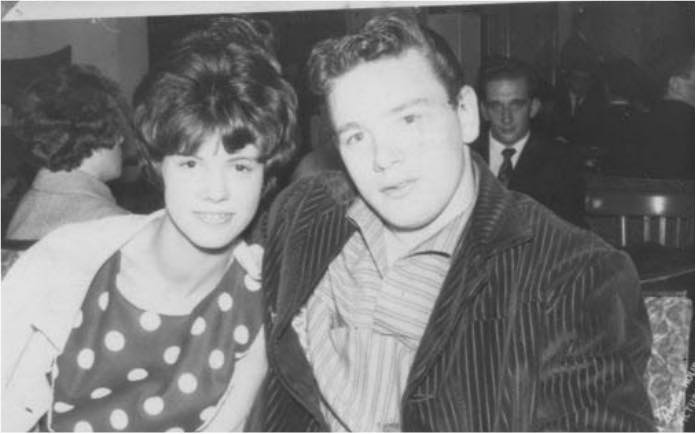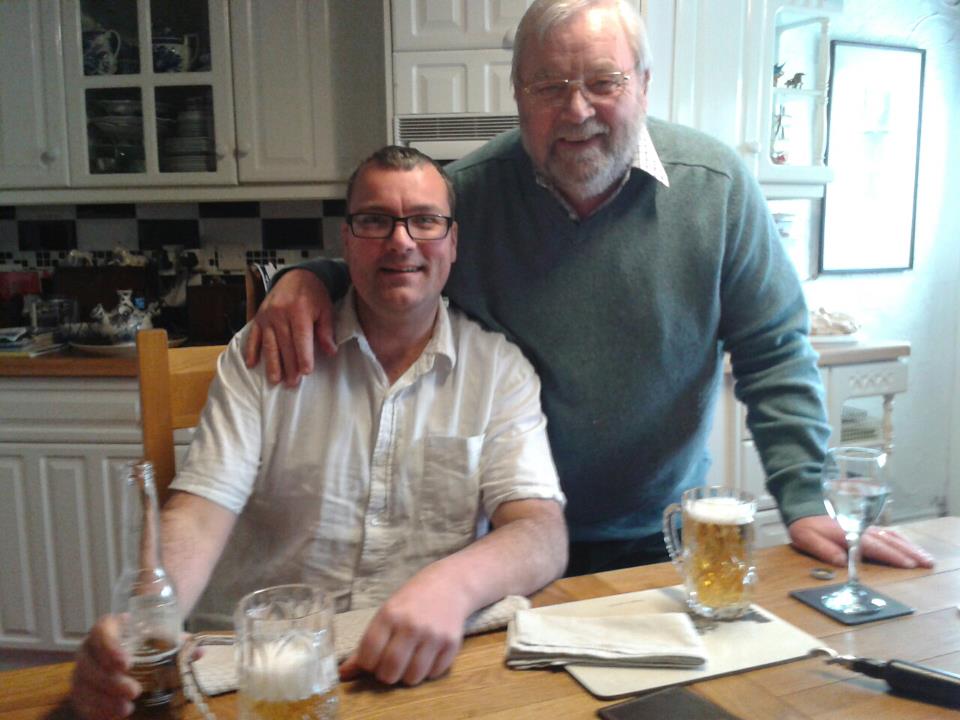"It is a miracle that curiosity ever survived formal education when one comes to think about it. A good question to consider is perhaps: 'Is there such a thing as a good question?' I believe that formal education effectively boxes us into thinking in a more uniform way, whereas asking the right questions is learning to think outside the box. Some might say that anyone who has a 'why' (reason/purpose) to live for can bear any 'how' (consequence).
Even the most mundane of particulars are capable of occupying the mind of a young child who is newly exploring the vast richness of the earth they were born into. Even the depth of their innocent questions is capable of stumping most adults, embarrassing them greatly or putting them on the spot.
When my son, William was only three years old and he saw a heavily pregnant woman, he asked, 'How will the baby in her tummy get out, Dad?' Naturally, I gave him the traditional Yorkshire Pudding answer when I replied, 'The same way it got in there, son!'
Young children who haven't yet lived long enough to have been infected by sick thought and who are not yet conditioned by worldly matters possess a clarity of thought and word which makes every action of theirs a conciseness of expression that no adult will ever know. Everything they do remains pure in intent as their thought, word and action remain glued in a single purpose. I suspect their directness is much more to do with their innate honesty than any particular mastery of the mother tongue.
There lies within the simplicity and innocence of a child's thought the ideal ingredients for asking questions that adults cannot answer. As a children's author who regularly visited First schools during the 1990's, I was asked all manner of questions by curious children. A few of them that come to mind include:
(1) Why do round pizzas come in square boxes?
(2) Why did she sell seashells on the seashore when you can pick them up anyway?
(3) Why are red buttons the most important?
(4) Can a person cry under water?
(5) What shape is the sky?
(6) Why doesn't glue stick to the inside of the bottle?
(7) How can you tell if a person with one eye is blinking or winking?
As they age from three to seven, most children come to learn not to trust adults completely because they say one thing yet often mean or do another. That is why many children naturally learn to do the opposite of what is asked of them occasionally; not because they are willfully trying to be difficult, but because they do not fully trust the adult's intention. Most children inherently have difficulty resisting the doing of something, indeed anything which they have specifically been told 'not to do'. Hence the one thing you should never say to a child is, 'Under no circumstances, Billy, must you ever do that'; unless of course you actually want the child to do it.
When a child asks their parent too many 'Why' questions which the adult cannot provide a satisfactory explanation that the child would understand, often the weary adult will resort to the standard fallback reply, 'Because I say so' or 'Because I say so and you've got to do what I say.'
Our William's favourite response whenever I used the term, 'Because you've got to' was one of sheer child simplicity. 'Got to not to, Dad. Got to not to!' he would invariably reply.
My daughter Becky was just as defiant and smart in her response whenever I used to threaten to leave her behind if she didn't get a move on. She would simply swing her feet in the air nonchalantly and say, 'You go if you want to. See if I care!' " William Forde : September 30th, 20017.
